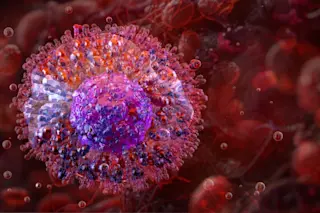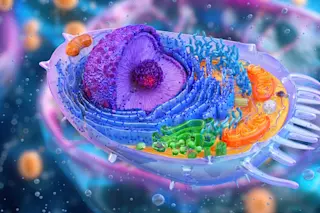BEHOLD, REIFICATION!
In the comments below Antonio pointed me to this working paper, What Do DNA Ancestry Tests Reveal About Americans’ Identity? Examining Public Opinion on Race and Genomics. I am perhaps being a bit dull but I can't figure where its latest version is found online (I stumbled upon what looks like another working paper version on one of the authors' websites). Here's the abstract:
Genomics research will soon have a deep impact on many aspects of our lives, but its political implications and associations remain undeveloped. Our broad goal in this research project is to analyze what Americans are learning about genomic science, and how they are responding to this new and
potentially fraught technology.
We pursue that goal here by focusing on one arena of the genomics revolution -- its relationship to racial and ethnic identity. Genomic ancestry testing may either blur racial boundaries by showing them ...













